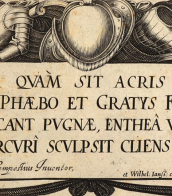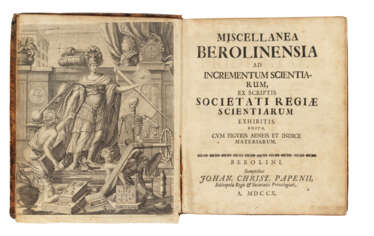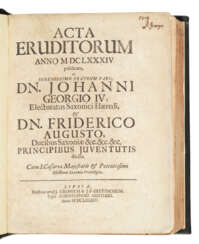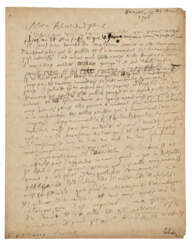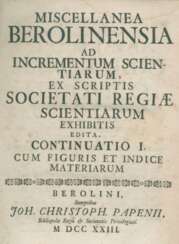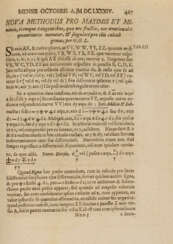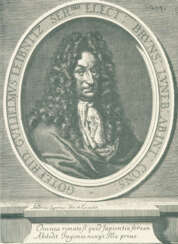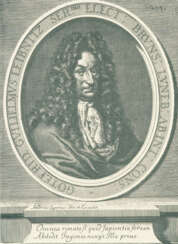готфрид вильгельм лейбниц (1646 - 1716)
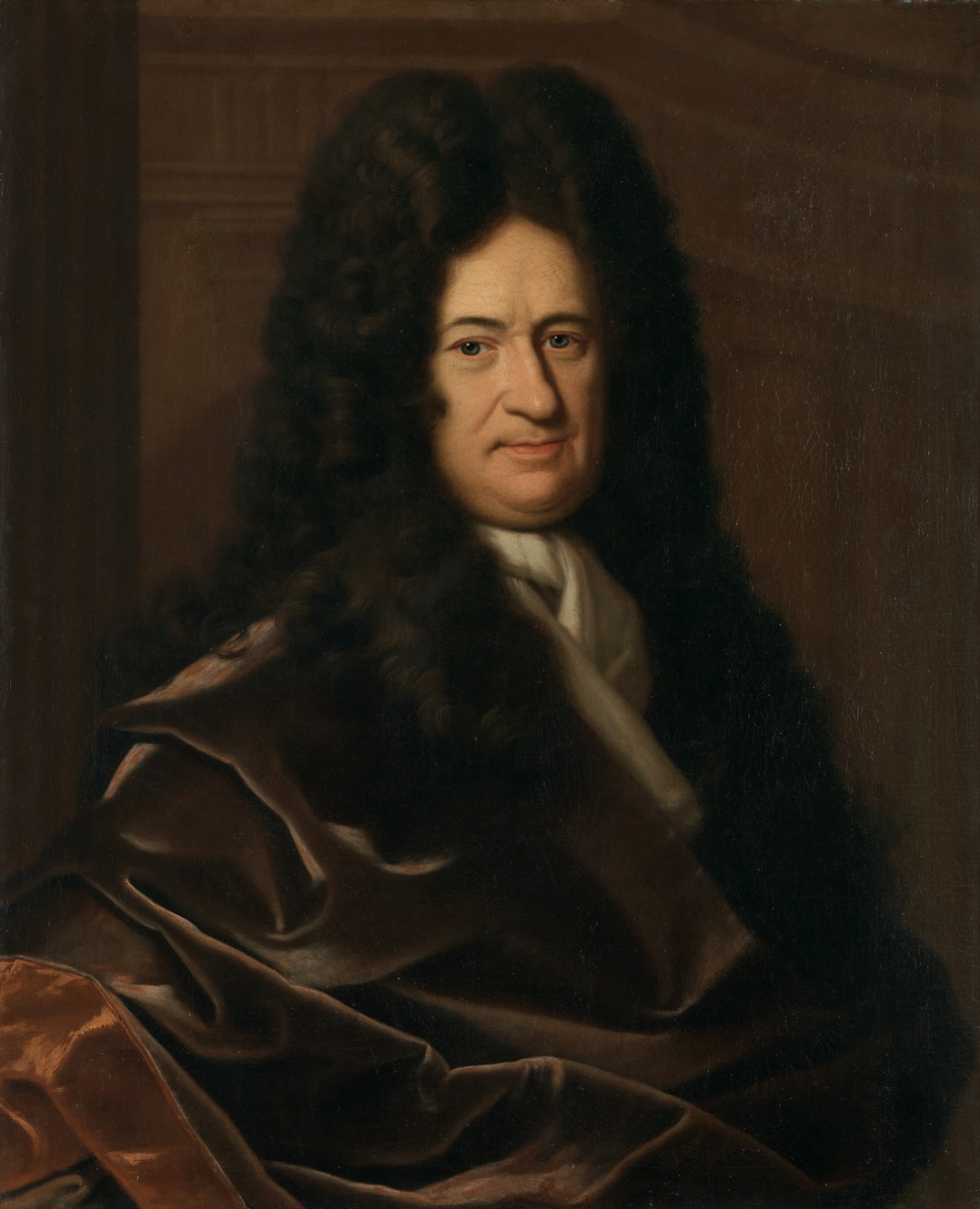
Gottfried Wilhelm Leibniz was a German philosopher and a prominent polymath in many fields of science.
Leibniz was a universal genius; he showed his talents in logic, mathematics, mechanics, physics, law, history, diplomacy, and linguistics, and in each of the disciplines he has serious scientific achievements. As a philosopher, he was a leading exponent of 17th-century rationalism and idealism.
Leibniz was a tireless worker and the greatest scholar of his time. In the fate of Leibniz, among other things, there is one interesting page: in 1697, he accidentally met the Russian Tsar Peter I during his trip to Europe. Their further meetings led to the realization of several grandiose projects in Russia, one of which was the establishment of the Academy of Sciences in St. Petersburg.
Gottfried Wilhelm Leibniz was also the founder and first president of the Berlin Academy of Sciences and a member of the Royal Society of London.


Gottfried Wilhelm Leibniz was a German philosopher and a prominent polymath in many fields of science.
Leibniz was a universal genius; he showed his talents in logic, mathematics, mechanics, physics, law, history, diplomacy, and linguistics, and in each of the disciplines he has serious scientific achievements. As a philosopher, he was a leading exponent of 17th-century rationalism and idealism.
Leibniz was a tireless worker and the greatest scholar of his time. In the fate of Leibniz, among other things, there is one interesting page: in 1697, he accidentally met the Russian Tsar Peter I during his trip to Europe. Their further meetings led to the realization of several grandiose projects in Russia, one of which was the establishment of the Academy of Sciences in St. Petersburg.
Gottfried Wilhelm Leibniz was also the founder and first president of the Berlin Academy of Sciences and a member of the Royal Society of London.


Gottfried Wilhelm Leibniz was a German philosopher and a prominent polymath in many fields of science.
Leibniz was a universal genius; he showed his talents in logic, mathematics, mechanics, physics, law, history, diplomacy, and linguistics, and in each of the disciplines he has serious scientific achievements. As a philosopher, he was a leading exponent of 17th-century rationalism and idealism.
Leibniz was a tireless worker and the greatest scholar of his time. In the fate of Leibniz, among other things, there is one interesting page: in 1697, he accidentally met the Russian Tsar Peter I during his trip to Europe. Their further meetings led to the realization of several grandiose projects in Russia, one of which was the establishment of the Academy of Sciences in St. Petersburg.
Gottfried Wilhelm Leibniz was also the founder and first president of the Berlin Academy of Sciences and a member of the Royal Society of London.


Gottfried Wilhelm Leibniz was a German philosopher and a prominent polymath in many fields of science.
Leibniz was a universal genius; he showed his talents in logic, mathematics, mechanics, physics, law, history, diplomacy, and linguistics, and in each of the disciplines he has serious scientific achievements. As a philosopher, he was a leading exponent of 17th-century rationalism and idealism.
Leibniz was a tireless worker and the greatest scholar of his time. In the fate of Leibniz, among other things, there is one interesting page: in 1697, he accidentally met the Russian Tsar Peter I during his trip to Europe. Their further meetings led to the realization of several grandiose projects in Russia, one of which was the establishment of the Academy of Sciences in St. Petersburg.
Gottfried Wilhelm Leibniz was also the founder and first president of the Berlin Academy of Sciences and a member of the Royal Society of London.
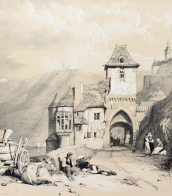

Gottfried Wilhelm Leibniz was a German philosopher and a prominent polymath in many fields of science.
Leibniz was a universal genius; he showed his talents in logic, mathematics, mechanics, physics, law, history, diplomacy, and linguistics, and in each of the disciplines he has serious scientific achievements. As a philosopher, he was a leading exponent of 17th-century rationalism and idealism.
Leibniz was a tireless worker and the greatest scholar of his time. In the fate of Leibniz, among other things, there is one interesting page: in 1697, he accidentally met the Russian Tsar Peter I during his trip to Europe. Their further meetings led to the realization of several grandiose projects in Russia, one of which was the establishment of the Academy of Sciences in St. Petersburg.
Gottfried Wilhelm Leibniz was also the founder and first president of the Berlin Academy of Sciences and a member of the Royal Society of London.
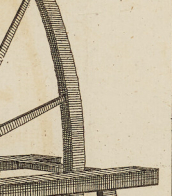

Gottfried Wilhelm Leibniz was a German philosopher and a prominent polymath in many fields of science.
Leibniz was a universal genius; he showed his talents in logic, mathematics, mechanics, physics, law, history, diplomacy, and linguistics, and in each of the disciplines he has serious scientific achievements. As a philosopher, he was a leading exponent of 17th-century rationalism and idealism.
Leibniz was a tireless worker and the greatest scholar of his time. In the fate of Leibniz, among other things, there is one interesting page: in 1697, he accidentally met the Russian Tsar Peter I during his trip to Europe. Their further meetings led to the realization of several grandiose projects in Russia, one of which was the establishment of the Academy of Sciences in St. Petersburg.
Gottfried Wilhelm Leibniz was also the founder and first president of the Berlin Academy of Sciences and a member of the Royal Society of London.


Gottfried Wilhelm Leibniz was a German philosopher and a prominent polymath in many fields of science.
Leibniz was a universal genius; he showed his talents in logic, mathematics, mechanics, physics, law, history, diplomacy, and linguistics, and in each of the disciplines he has serious scientific achievements. As a philosopher, he was a leading exponent of 17th-century rationalism and idealism.
Leibniz was a tireless worker and the greatest scholar of his time. In the fate of Leibniz, among other things, there is one interesting page: in 1697, he accidentally met the Russian Tsar Peter I during his trip to Europe. Their further meetings led to the realization of several grandiose projects in Russia, one of which was the establishment of the Academy of Sciences in St. Petersburg.
Gottfried Wilhelm Leibniz was also the founder and first president of the Berlin Academy of Sciences and a member of the Royal Society of London.
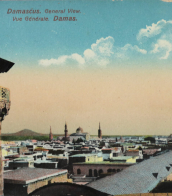

Gottfried Wilhelm Leibniz was a German philosopher and a prominent polymath in many fields of science.
Leibniz was a universal genius; he showed his talents in logic, mathematics, mechanics, physics, law, history, diplomacy, and linguistics, and in each of the disciplines he has serious scientific achievements. As a philosopher, he was a leading exponent of 17th-century rationalism and idealism.
Leibniz was a tireless worker and the greatest scholar of his time. In the fate of Leibniz, among other things, there is one interesting page: in 1697, he accidentally met the Russian Tsar Peter I during his trip to Europe. Their further meetings led to the realization of several grandiose projects in Russia, one of which was the establishment of the Academy of Sciences in St. Petersburg.
Gottfried Wilhelm Leibniz was also the founder and first president of the Berlin Academy of Sciences and a member of the Royal Society of London.
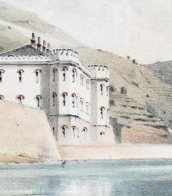

Gottfried Wilhelm Leibniz was a German philosopher and a prominent polymath in many fields of science.
Leibniz was a universal genius; he showed his talents in logic, mathematics, mechanics, physics, law, history, diplomacy, and linguistics, and in each of the disciplines he has serious scientific achievements. As a philosopher, he was a leading exponent of 17th-century rationalism and idealism.
Leibniz was a tireless worker and the greatest scholar of his time. In the fate of Leibniz, among other things, there is one interesting page: in 1697, he accidentally met the Russian Tsar Peter I during his trip to Europe. Their further meetings led to the realization of several grandiose projects in Russia, one of which was the establishment of the Academy of Sciences in St. Petersburg.
Gottfried Wilhelm Leibniz was also the founder and first president of the Berlin Academy of Sciences and a member of the Royal Society of London.
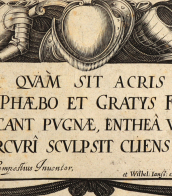

Gottfried Wilhelm Leibniz was a German philosopher and a prominent polymath in many fields of science.
Leibniz was a universal genius; he showed his talents in logic, mathematics, mechanics, physics, law, history, diplomacy, and linguistics, and in each of the disciplines he has serious scientific achievements. As a philosopher, he was a leading exponent of 17th-century rationalism and idealism.
Leibniz was a tireless worker and the greatest scholar of his time. In the fate of Leibniz, among other things, there is one interesting page: in 1697, he accidentally met the Russian Tsar Peter I during his trip to Europe. Their further meetings led to the realization of several grandiose projects in Russia, one of which was the establishment of the Academy of Sciences in St. Petersburg.
Gottfried Wilhelm Leibniz was also the founder and first president of the Berlin Academy of Sciences and a member of the Royal Society of London.
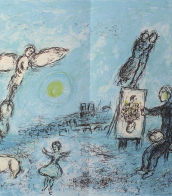

Gottfried Wilhelm Leibniz was a German philosopher and a prominent polymath in many fields of science.
Leibniz was a universal genius; he showed his talents in logic, mathematics, mechanics, physics, law, history, diplomacy, and linguistics, and in each of the disciplines he has serious scientific achievements. As a philosopher, he was a leading exponent of 17th-century rationalism and idealism.
Leibniz was a tireless worker and the greatest scholar of his time. In the fate of Leibniz, among other things, there is one interesting page: in 1697, he accidentally met the Russian Tsar Peter I during his trip to Europe. Their further meetings led to the realization of several grandiose projects in Russia, one of which was the establishment of the Academy of Sciences in St. Petersburg.
Gottfried Wilhelm Leibniz was also the founder and first president of the Berlin Academy of Sciences and a member of the Royal Society of London.
